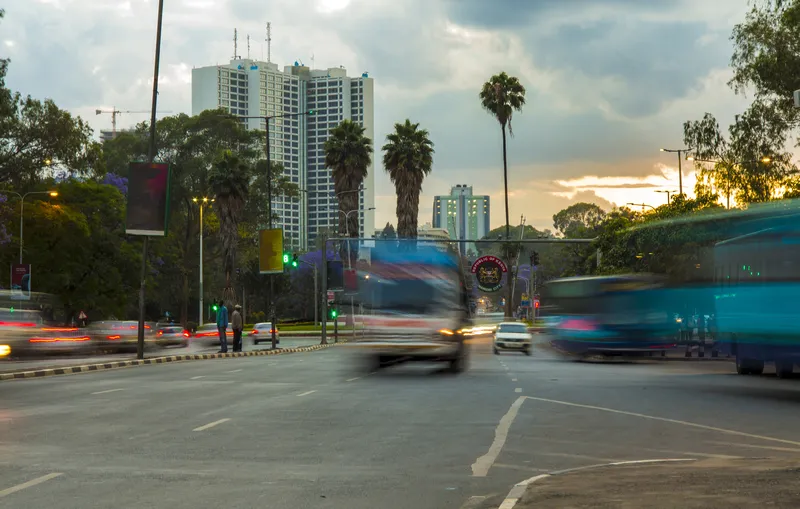The
"We piloted pay by phone parking in select business districts, with great results, and now we're ready to offer this service citywide," said DDOT interim director Terry Bellamy.
When drivers sign up for the Parkmobile service, they can also download a mobile app. Once registered, customers can use the mobile app, the internet, or a phone call to pay for parking. The parking transactions appear in real time on the handheld devices used by parking enforcement officers.
"We are very proud to offer our services to the residents and visitors of the capital of the United States of America. Pay by phone offers customers a new and better way to pay for parking. Parkmobile users have 24/7 access to their online account; they can print reports and easily track their parking expenses. It's much faster and more convenient," said Albert Bogaard, CEO of Parkmobile.









